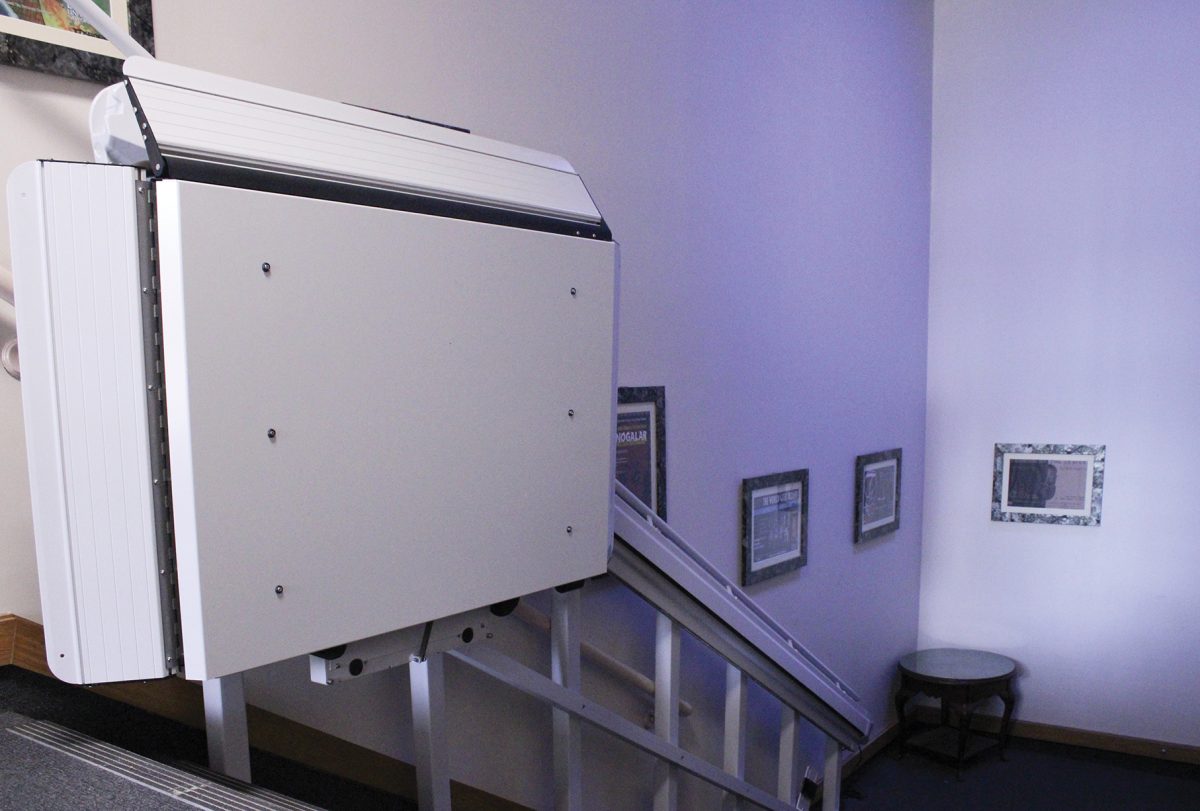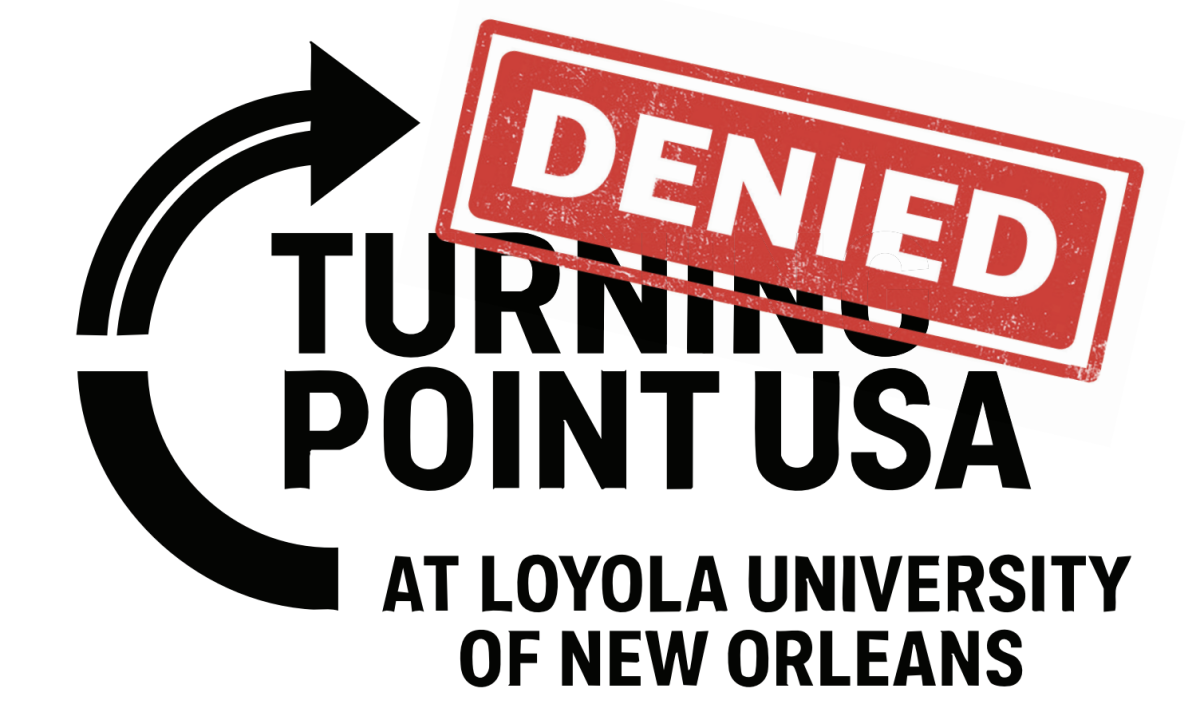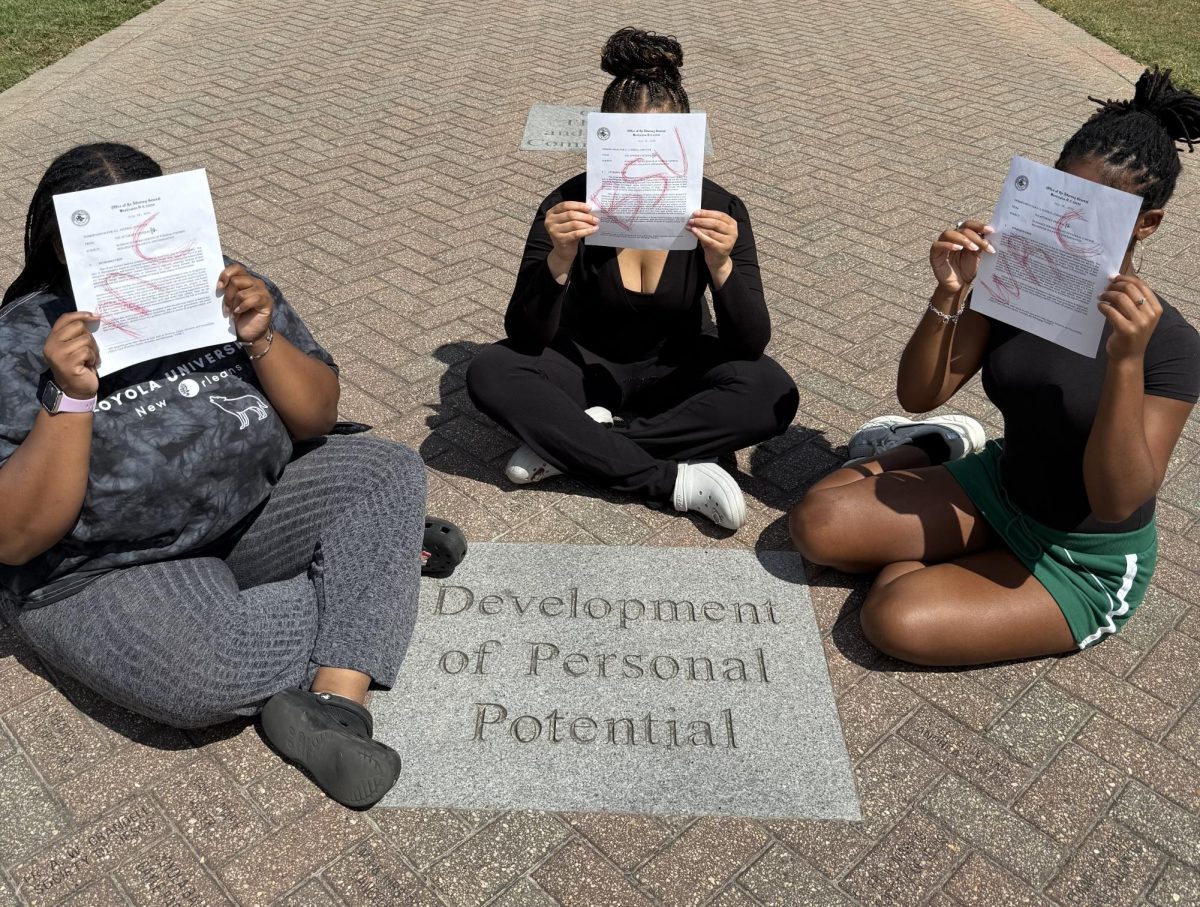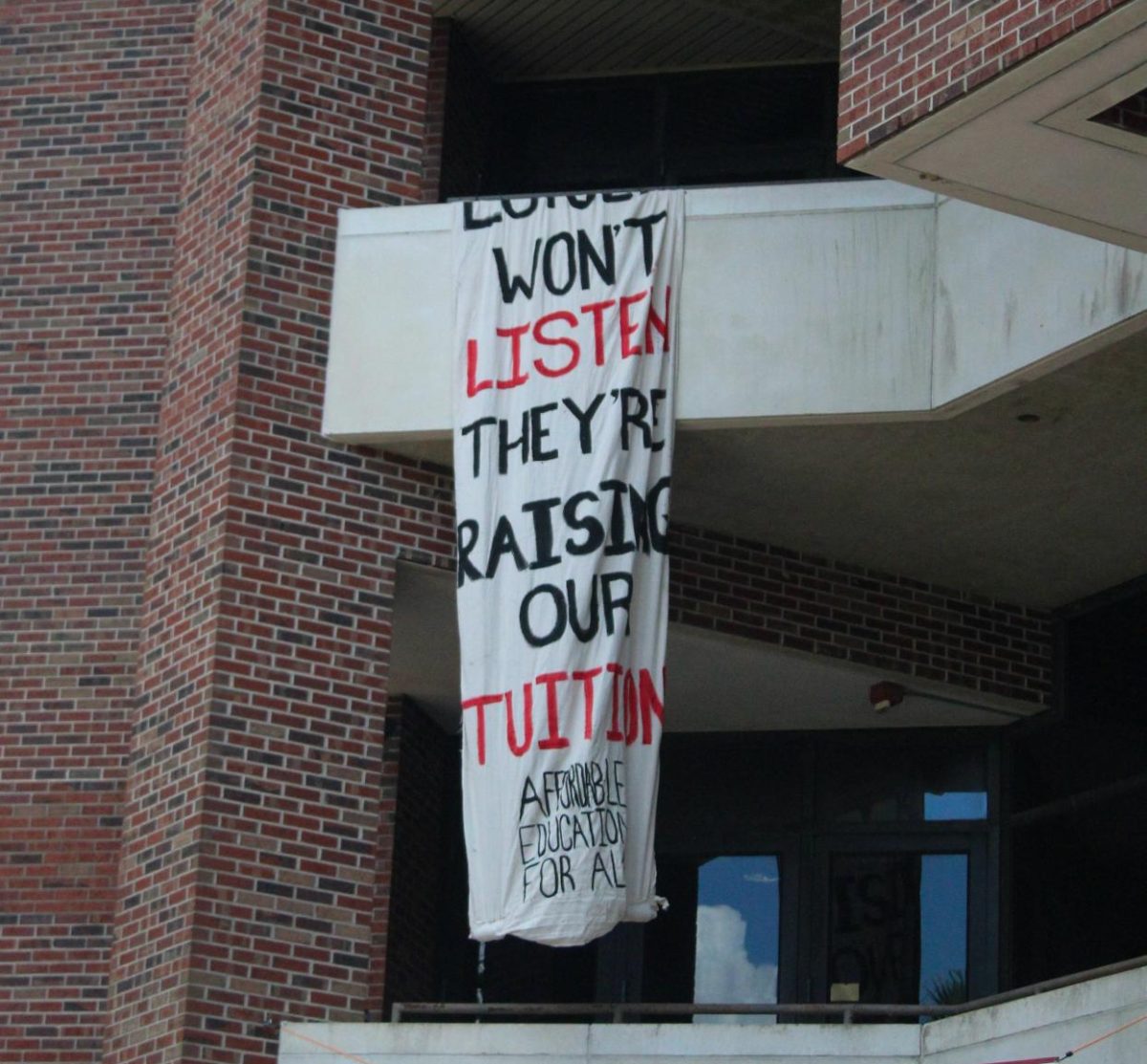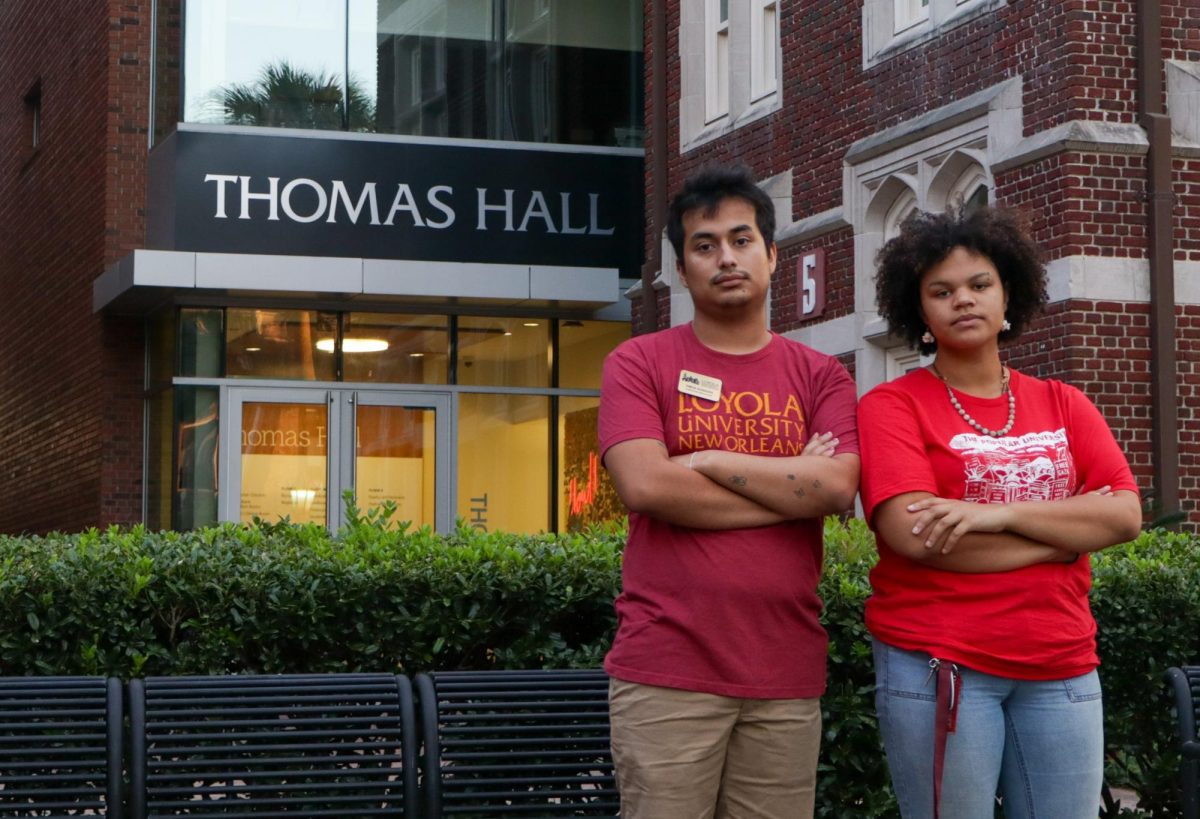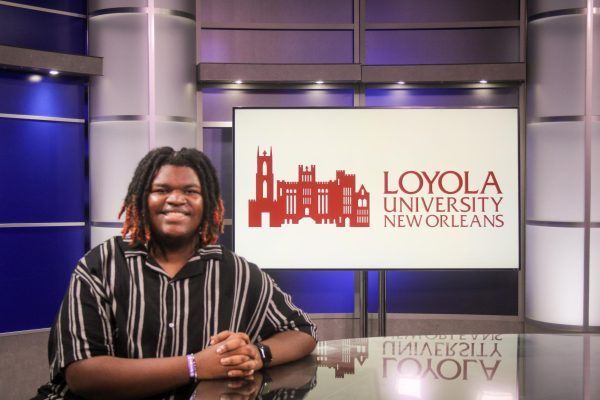Buildings on Loyola’s campus are slowly becoming more accessible. Although this is a great step for the university, some members of the community feel that there is more to be done.
The Lower Depths Theatre on the first floor of the Music and Media complex recently installed an electronic ramp, making it fully accessible for the first time in 40 years. Director of the Office of Accessible Education Andrea Rodriguez believes that there is more that can be done to improve campus accessibility.
According to Rodriguez, the university does comply with the Americans with Disabilities Act requirements, but there is a lot more work to be done in order to properly support the disabled community on campus.
One specific issue Rodriguez mentioned was how parking is a major issue for the disabled community on campus.
“People without disabilities are using the accessible spaces for loading and unloading passengers. This blocks spaces to park for students, faculty and staff that have disabled parking permits,” she said. “We have the number of spaces required by law but we do not have enough to support the needs of the disability community.”
In an email on Oct. 3 by Chief of University Police and Emergency Management Todd Warren, members of the community who do not have a designated handicap license plate or placard issued by the state and park in handicapped accessible parking spaces will receive a $200 fine.
History junior Kaley Delker does not believe the university is extremely accessible for students. According to Delker, campus can feel unsafe for students with disabilities.
A primary concern regarding campus accessibility that Delker mentioned was the school’s overall layout. Delker said the bricks on campus make navigation hard for non-ambulatory students, and forces them to be either excluded, or use a dangerous alternative to access buildings on campus.
Specifically, Delker noted the ramp that leads into the Danna Center.
“The flooring of the ramp is incredibly dangerous and difficult to use when it’s wet. Additionally, the ongoing construction surrounding campus makes many ramps particularly inaccessible,” Delker said.
Rodriguez said the OAE has put together several initiatives towards campus accessibility such as collaborating with Student Government Association and Student Life and Ministry to ensure access to temporary events for students with disabilities, facilitating mandatory ADA training for faculty, and hosting American Sign Language courses.
In addition, by hosting various artists with disabilities on campus, the university is working to increase disability awareness and visibility.
On the ongoing elevator issues on campus, Delker suggests a complete renovation of the elevators across campus to alleviate the problem.
According to Delker, this issue is so bad that it has made it hard for students, especially those with ambulatory disabilities to access their dorms and their classes.
Rodriguez said that the OAE has reached out to university officials to combat these issues.
The OAE has recently installed a sensory room, which can be reserved by students who are approved by the office. Rodriguez said that she wishes the sensory room initiative can be implemented across campus. She hopes also that it will be made available to all students, and not just those who are approved by the office.
In regard to the Lower Depths Theater, Delker said she cannot believe that it has taken this long for it to be made accessible.
“Campus aspects such as these promote the forced separation of abled and disabled bodies,” she said
Even with the long wait, Delker said she is extremely happy that it was finally done, and that the grandfather clause stopping it from being renovated for so long was broken.
Delker said there is still a lot of work that needs to be done both socially, and institutionally.
According to Delker, many disabled students on this campus have to self-advocate, and it is up to each individual on this campus to work to get rid of the stigmas.
Delker said there needs to be work done to build a bridge between the abled and disabled.
In doing so, the university could make a better management system of allotting for students with disabilities to take the breaks and days off that are needed, Delker said.
“Stop expecting students with disabilities and service animals to just figure it out,” Delker said.


